Internet blocking system hinders student learning
Students often see this page when searches are blocked
April 26, 2019
Blocking systems in schools are designed to protect students from potentially harmful sites. For students, however, these systems frankly do more harm than good.
Securly, the filtering software used on GHS Chromebooks, creates issues for the entire student body. It goes far beyond what is necessary for a blocking system. Websites and “keywords” are often unnecessarily blocked inhibiting the use of the technology available to students.
Valuable information for important research assignments is often blocked by Securly. Researching becomes a painstaking process when trying to find available information.
The question of liability comes into play with the over-censorship of the internet. Does the IT department care about its students, or does it care about itself?
The Federal Communications Commission implemented the Children’s Internet Protection Act (CIPA) to try and create a safer internet in schools and libraries. The contents of the act are reasonable and are important for schools to abide by, but many schools like GHS can over-protect the internet, causing numerous issues.
Securly blocks many YouTube videos, and music streaming services like Spotify. This inhibits a student’s ability to learn and focus, as many students enjoy listening to music as a focus tool. Blocking a majority of YouTube videos can create problems when teachers assign video related assignments. When students are unable to access the required media for their assignments, it can become even more frustrating for the teacher.
It is understandable for a school’s IT department to block certain websites, as it is a school owned resource, but if students are having difficulty accessing the websites and videos they need for their work, it becomes a nuisance to both teachers and students. It becomes frustrating to do research when many important websites and videos are blocked.
When writing a thesis paper for my US History 10 class, a video I was interested in watching was a reading of Harvey Milk’s Hope Speech, by Ian McKellen. I was met with an exclamation point and the restriction message. Securly not only blocks videos, but it also filters the videos that appear when searching.
Blocking a video that is not only educational resources, reads a message of civil rights, and LGBT+ rights sends the wrong message. The censorship sends the idea that students either should not be exposed to something like it or, are not ready to be exposed to it. This is not the case, students should be able to access information that benefits them educationally, and expands their knowledge on different types of topics.
When searching for the Hope Speech video on the YouTube website, I was met with no videos regarding that speech and a few about Harvey Milk. Some of the other things I was met with was “Spy Kids (2/10) Movie CLIP – Floop’s Fooglies (2001) HD” and “Johnny Johnny Yes Papa Story for Kids with Steve and Maggie NEW | Learn Speaking Wow English TV.” None of these have anything to do with the topic of research, which limits student resources extremely.
YouTube is a creative and informational platform that benefits student use. It provides creative information and information on many different topics. Yet, many informational and educational videos are blocked.
Of course, there are videos that should not be accessible, but the amount of unreachable content is unbelievable. Nearly every video clicked is met with the message “Video Unavailable This video is restricted. Try signing in with a Google Apps account.” which becomes frustrating when looking for school-related videos.
Students discovered that using the feature of Bing Videos provided an accessible way to get the information they needed in video form. As more students began to use it, more videos began becoming restricted. This forces students to use other forms of technology for finding videos, students should not have to use outside sources of technology to find school-related videos.
What’s the use of having a school-issued computer if the number of available resources seems to be fleeting?
Spotify, a music streaming service is blocked for the reason “Streaming Media” blocking music streaming can be detrimental to student learning. Music is a very big part of many students’ lives and it benefits the brain, helping it to relax and focus.
Removing that from a student, can increase levels of stress, decrease focus, and create a bad environment and could impact the student academically. School issued resources should benefit the students, not limit them. Being allowed to use the computer for music allow students to put their phones away while doing their homework or classwork, decreasing the number of distractions they face.
The algorithm tries to protect students from potentially harmful sites. No algorithm is perfect though, certain “keywords” are blocked, cracker was among those keywords, as well as basset hound. This has since been patched but, there was no need for these words to be blocked at any point.
The algorithm can become an inconvenience when doing historical research, as many foreign websites are blocked. It doesn’t take into account the context the word is being searched in.
The question of liability comes into play with the over-censorship of the internet. Does the IT department care about its students, or does it care about itself?
A major inconvenience is the blocked settings. For Wi-Fi that requires a password, that is now inaccessible from a logged in Chromebook. The pop-up box that allows students to type in the Wi-Fi password was blocked by the administration, making the students log out of their Chromebook to do something as simple as connecting to Wi-Fi.
The message that appears in the text box is
“internet-config-dialog is blocked
The person who set up this computer has chosen to block this site.
Try contacting the system admin.
ERR_BLOCKED_BY_ADMINISTRATOR)”
All these issues have taken place over the past two years here at GHS. Though as of yesterday a new issue has appeared. The IT department was “tightening security” on the Chromebooks. This has lead to the restriction of access to student’s very own personal email.
Having access to our emails is crucial when the IT department does not allow outside emails to be received by Gloucester School’s accounts. For juniors and seniors, this is especially troubling because there is no way to see if colleges have contact in school.
The blocking system does its best to create a safe environment for student use but ultimately causes more problems than anything else. Securly is something that becomes a tiring aspect of research, and homework. It creates issues for students and teachers, by restricting access to websites that students need for their schoolwork.
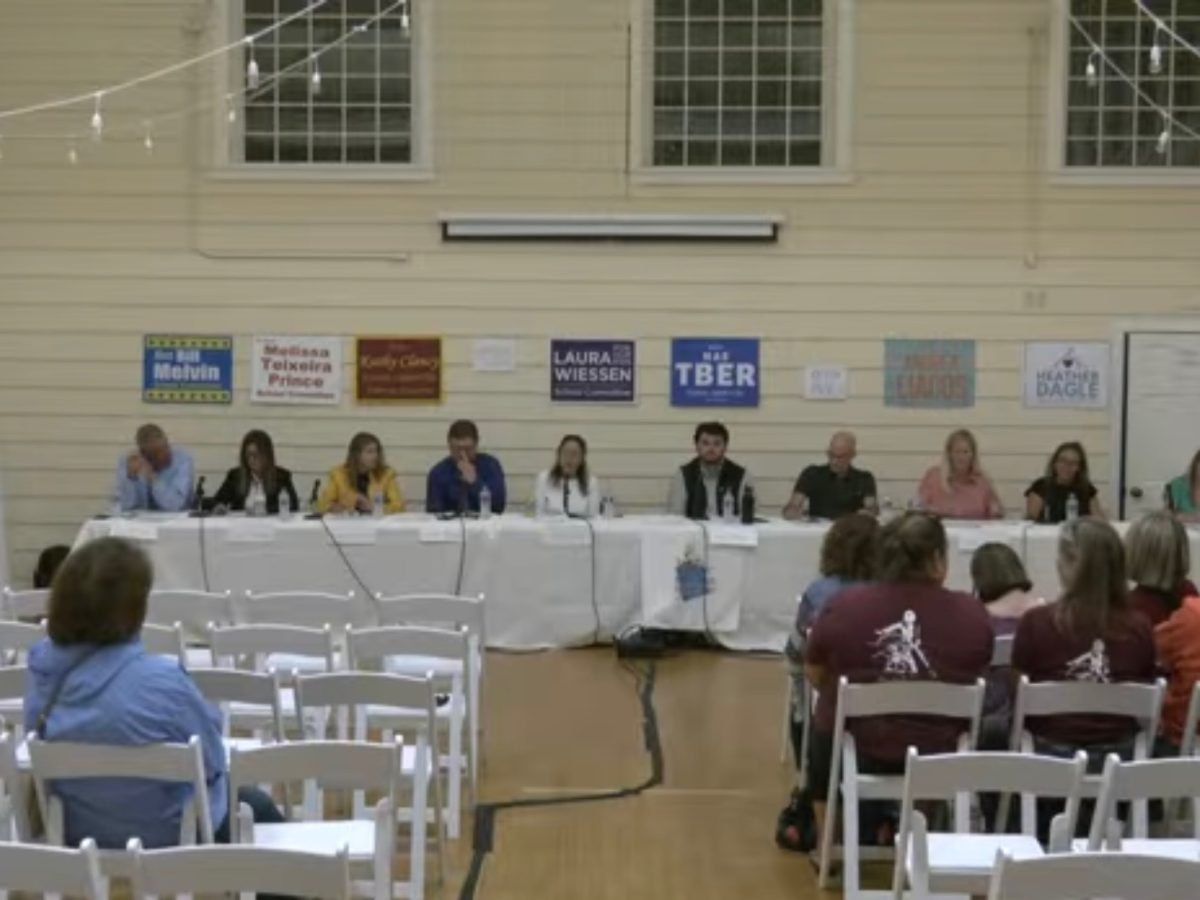


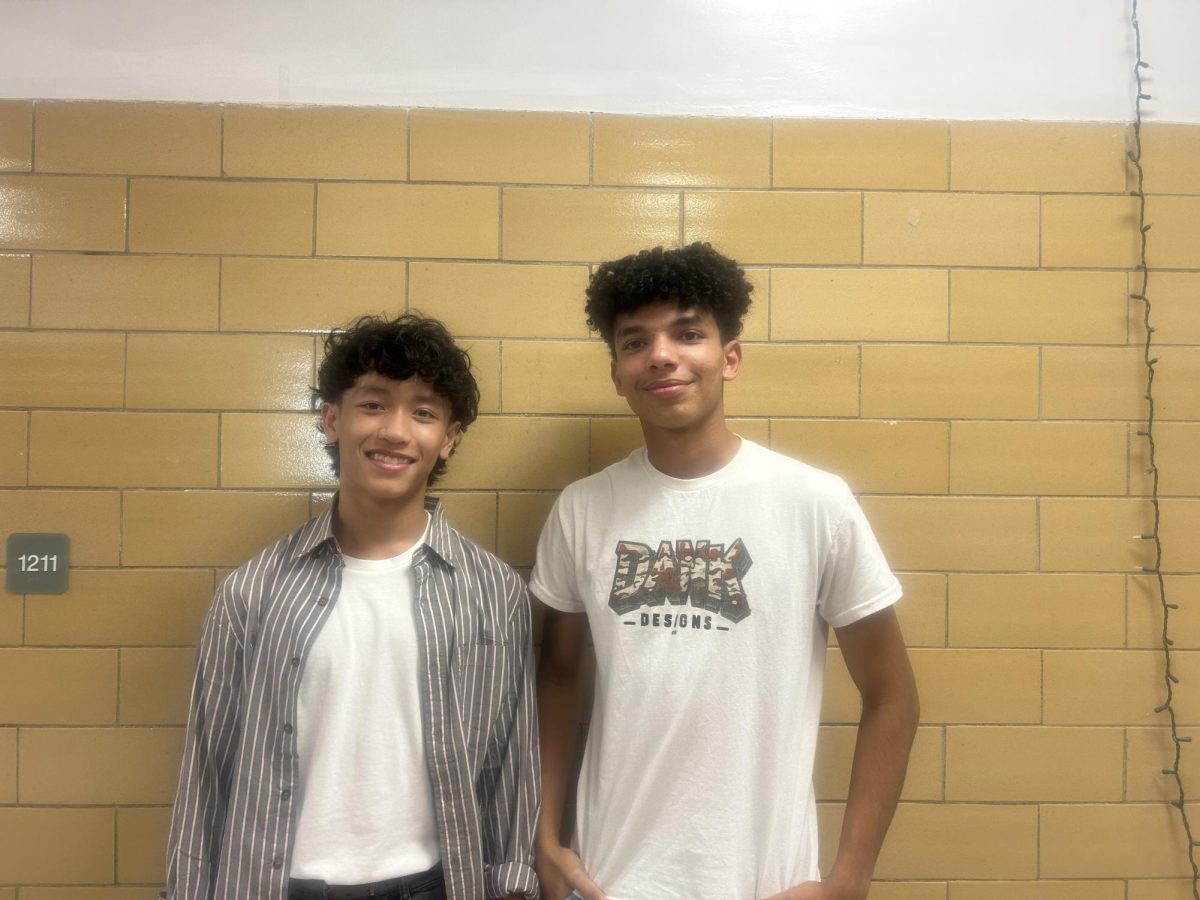
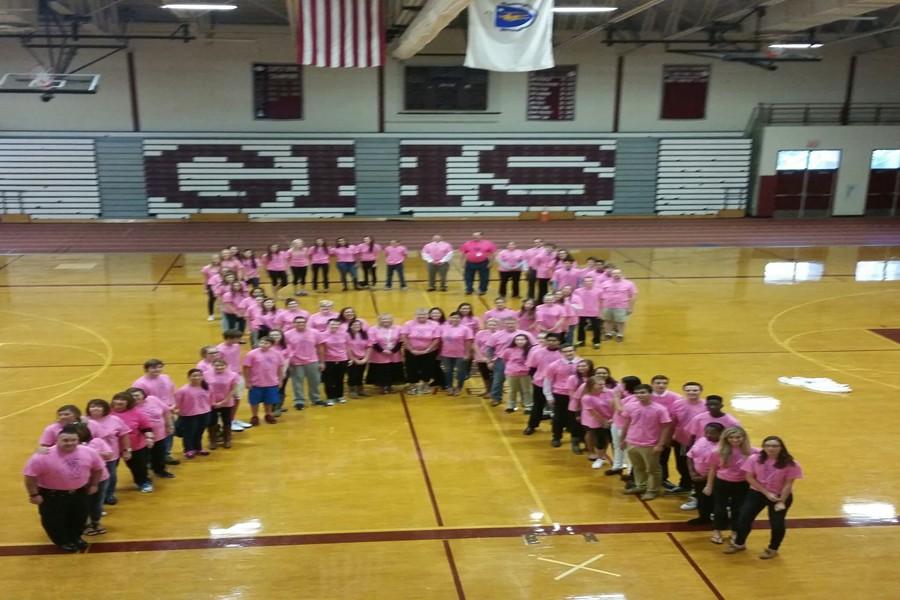






![The GHS/MERHS senior cross country runners pose together on Senior Night. [Photo courtesy of Manchester-Essex Athletics]](https://thegillnetter.com/wp-content/uploads/2025/10/Screenshot-2025-10-10-at-11.18.29-AM.png)
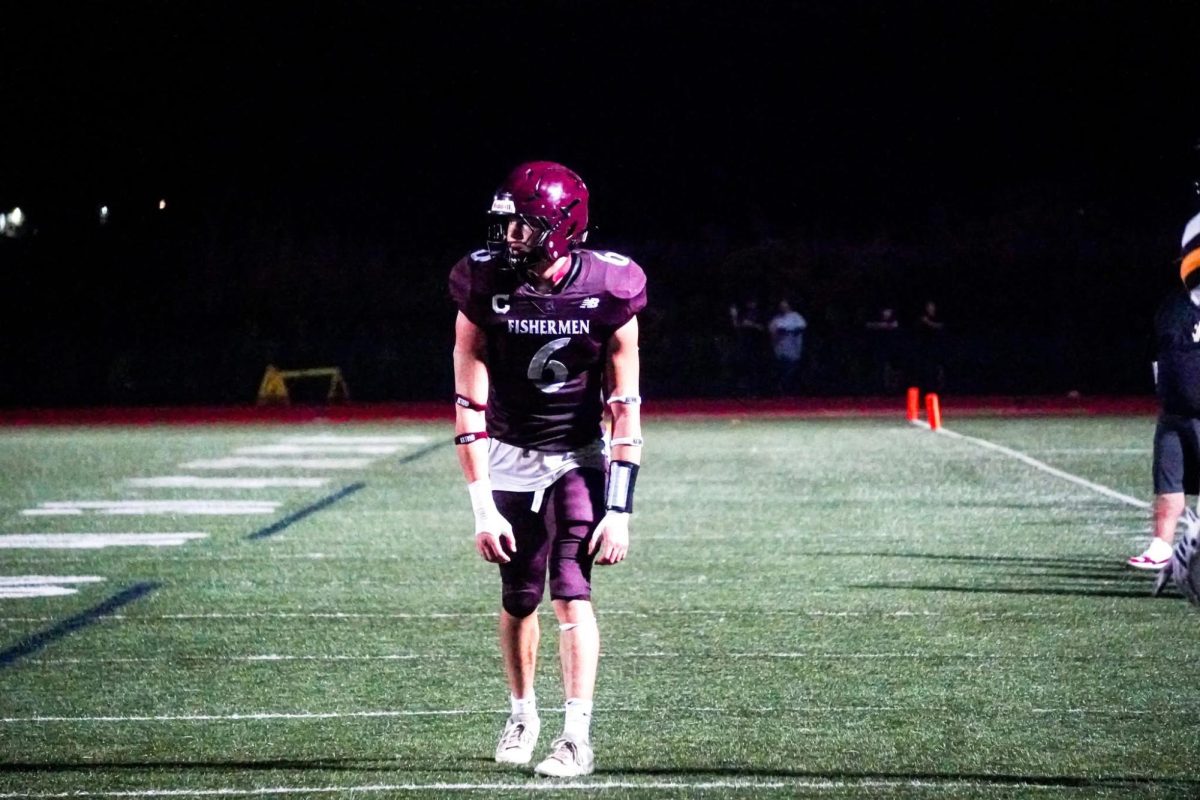
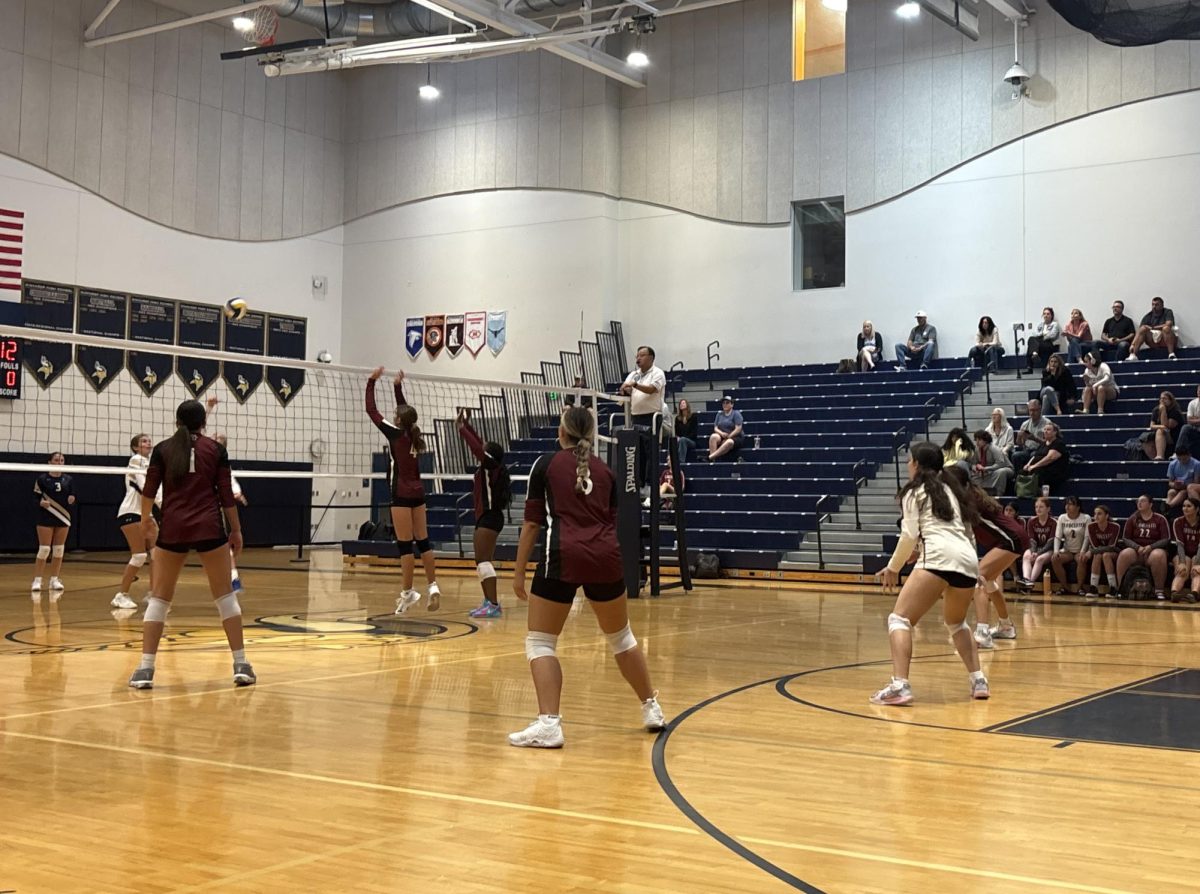
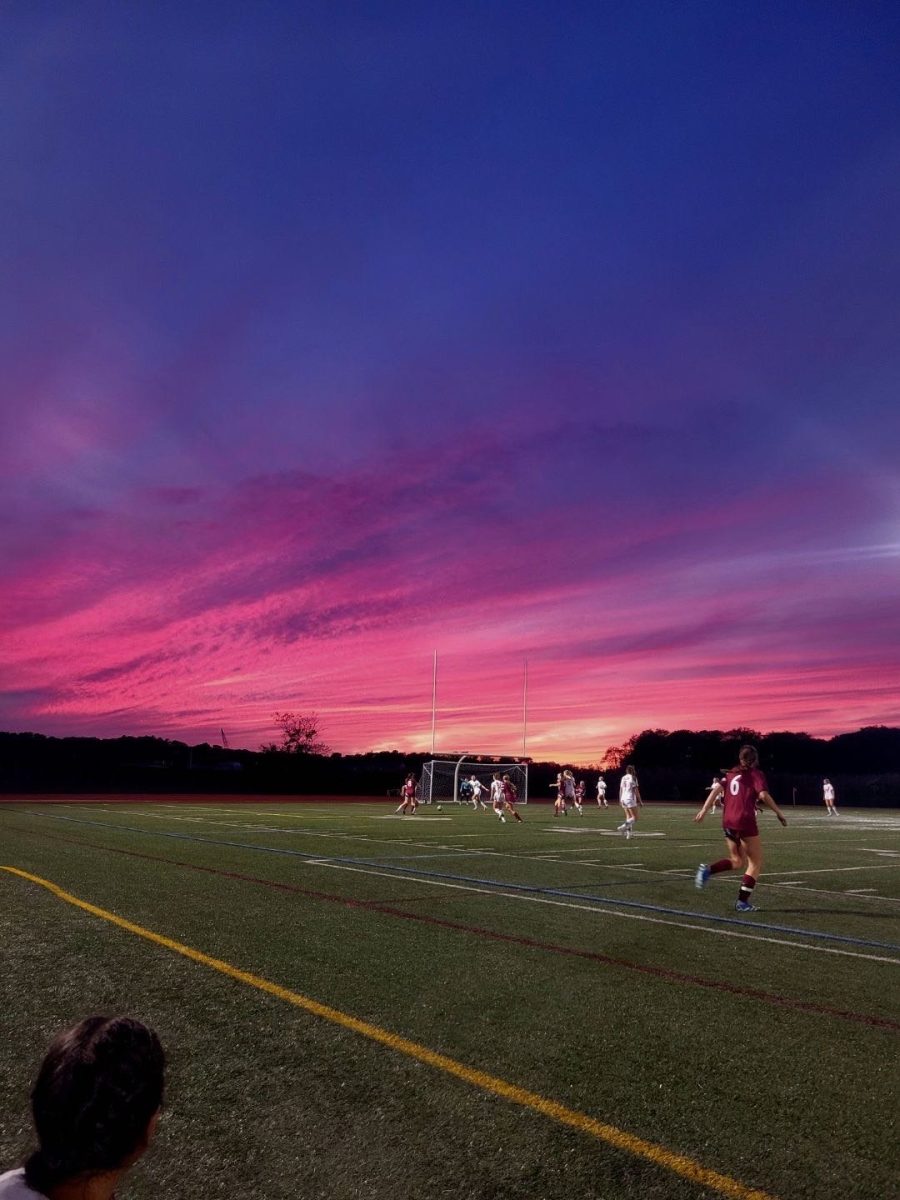














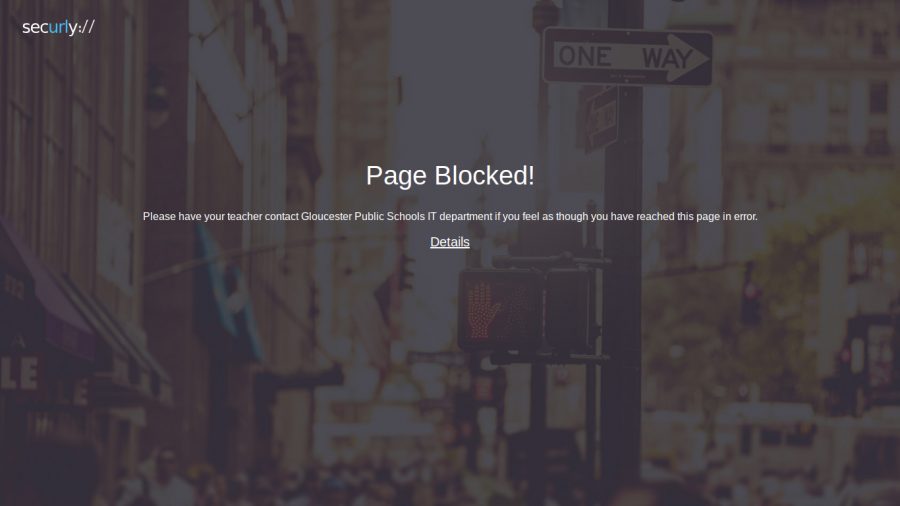


Display • Nov 11, 2022 at 10:52 am
For no reason at all, even the harmless websites are blocked. and whenever somebody or someone comes up with a way to bypass securly, the “educational company” finds a way to fix that. even my own teachers wanna get rid of this extension and go back to using iboss! this proves how bad the filter really is.